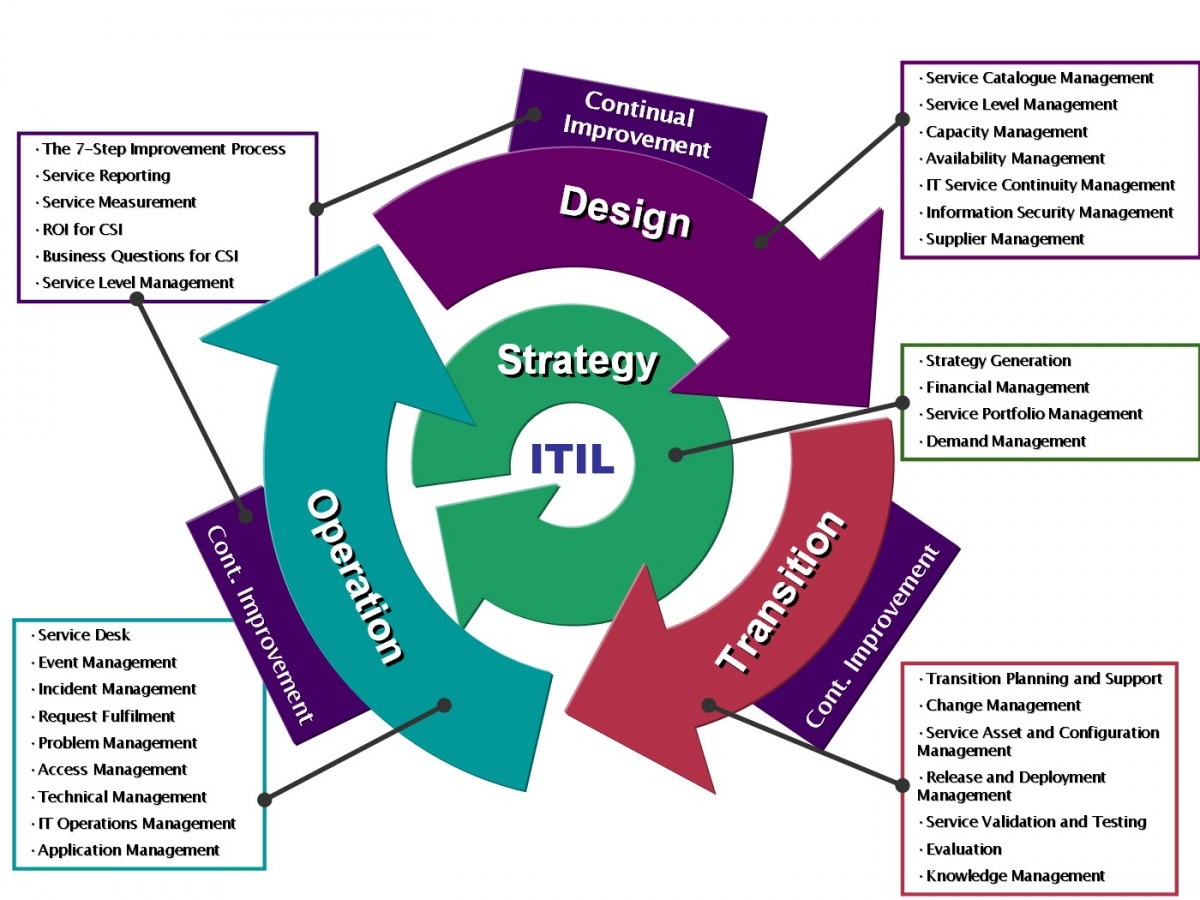The world of education has undergone a dramatic transformation in recent years, with online learning becoming the new normal for many students. As a result, online exams have become an integral part of the academic experience. However, these online exams come with their own set of challenges, and one of the most contentious issues is the use of proctoring services like ProctorU. In this article, we will explore the perspectives of students as they navigate the challenges posed by ProctorU and online exams.
The Rise of Online Exams
Online exams have gained popularity for a variety of reasons. They offer flexibility, allowing students to take tests from the comfort of their own homes and at times that suit their schedules. They also reduce the need for physical test centers, which can be expensive to maintain and staff. Additionally, online exams can be designed to be more secure and are often graded automatically, saving educators time and resources.
However, the transition to online exams has not been without its challenges. One of the most significant challenges is ensuring the integrity of the exam process. How can educators be certain that students are not cheating or using unauthorized resources during online exams? This is where proctoring services like ProctorU come into play.
Understanding ProctorU
ProctorU is a remote proctoring service that many educational institutions have adopted to monitor and authenticate students during online exams. The way it works is relatively simple: a student schedules an exam, and during the exam, a live proctor watches them through their computer’s webcam. The proctor ensures that the student is not cheating, taking unauthorized breaks, or using any prohibited resources.
ProctorU also employs various security measures, such as locking down the student’s computer to prevent them from accessing external websites or documents. They may also require students to show their identification and scan their surroundings to ensure there are no cheating aids present. Some exams also use facial recognition technology to verify the student’s identity throughout the test.
The Challenges of ProctorU
While ProctorU and similar services aim to maintain the integrity of online exams, they also present several challenges from the perspective of students.
-
Privacy Concerns: Many students are uncomfortable with the idea of being constantly monitored through their webcam and microphone while taking an exam. They worry about their privacy and the potential for their personal information to be mishandled or accessed without their consent.
-
Technical Issues: Online proctoring requires a stable internet connection and specific hardware and software requirements. Students who do not have access to high-speed internet or compatible devices may struggle to use these services effectively, potentially compromising their exam experience.
-
Anxiety and Stress: Being watched and scrutinized during an exam can cause anxiety and stress for students. The fear of being accused of cheating or making a mistake can hinder their performance.
-
Technical Glitches: Technical glitches during a proctored exam can disrupt the entire process. A loss of internet connection or software malfunction can lead to unfair disadvantages for students.
-
Accessibility: ProctorU and similar services may not be accessible to all students, particularly those with disabilities that affect their ability to use the required technology or interact with the proctor.
-
Cost: Some proctoring services, including ProctorU, charge students fees for each exam session. This can add to the financial burden of education for students, especially those already struggling with tuition and other expenses.
Student Perspectives on ProctorU
To gain a deeper understanding of the challenges posed by ProctorU and similar services, we spoke with several students who have experienced online exams with proctoring. Their perspectives shed light on the complexities of this issue.
Privacy Concerns:
Sarah, a college student majoring in psychology, expressed her discomfort with the invasive nature of ProctorU. She said, “It’s unnerving to think that someone I don’t know is watching me through my webcam while I take an exam. I worry about what they might see in my room, and it feels like an invasion of my privacy.”
Technical Issues:
David, an engineering student, had a different set of concerns. “I live in a rural area with spotty internet connectivity,” he explained. “During one of my exams, my internet dropped, and I couldn’t reconnect for several minutes. By the time I got back online, I had lost valuable time and felt extremely stressed.”
Anxiety and Stress:
Emily, a graduate student pursuing a degree in literature, shared her experience with the anxiety that proctoring services can induce. “Knowing that someone is constantly watching me makes me nervous,” she said. “I ended up making a small mistake during my last exam because I was so worried about being accused of cheating.”
Technical Glitches:
Mark, a computer science major, had a particularly frustrating experience. “During my final exam, the ProctorU software crashed, and I couldn’t resume the test for over an hour. I was anxious and felt like I had lost control over my own exam,” he recalled.
Accessibility:
Lisa, a student with a visual impairment, pointed out the accessibility challenges posed by proctoring services. “The software used by ProctorU is not screen-reader friendly, and the proctors may not be trained to assist students with disabilities effectively. This creates barriers for students like me,” she said.
Cost:
Finally, John, a student working part-time to pay for his education, talked about the financial burden of proctoring fees. “I already struggle to cover my tuition and living expenses,” he said. “Having to pay extra for proctoring services just adds to my financial stress.”
Balancing Security and Student Experience
The challenges posed by ProctorU and similar services highlight the need for a delicate balance between maintaining exam security and ensuring a positive student experience. Educational institutions must consider several factors when implementing online proctoring:
-
Transparency: Institutions should be transparent with students about the use of proctoring services, explaining how they work, the data they collect, and the reasons for their use. Clear communication can help alleviate some privacy concerns.
-
Technical Support: Offering technical support for students who encounter issues with the required software or hardware is crucial. Providing alternatives or accommodations for students with disabilities is also essential.
-
Stress Reduction: Educators can help reduce student anxiety by creating a supportive exam environment. This includes setting clear expectations, allowing for breaks, and providing resources for managing stress.
-
Accessibility: Institutions should ensure that proctoring services are accessible to all students, including those with disabilities. This may involve working with proctoring companies to improve accessibility features.
-
Cost Considerations: To alleviate financial burdens, institutions can explore options like subsidizing proctoring fees for students who demonstrate financial need.
-
Alternatives: Institutions may also consider alternative assessment methods, such as open-book exams, project-based assessments, or oral exams, to reduce the reliance on proctoring services.
Conclusion
The use of proctoring services like ProctorU in online education has sparked a lively debate among students and educators. While these services aim to maintain exam integrity, they also present challenges related to privacy, technical issues, anxiety, accessibility, and cost.
It is crucial for educational institutions to consider these challenges and work towards solutions that strike a balance between security and a positive student experience. By addressing these issues with transparency, technical support, stress-reduction measures, accessibility considerations, and cost-consciousness, institutions can create a more equitable online exam environment for all students.





